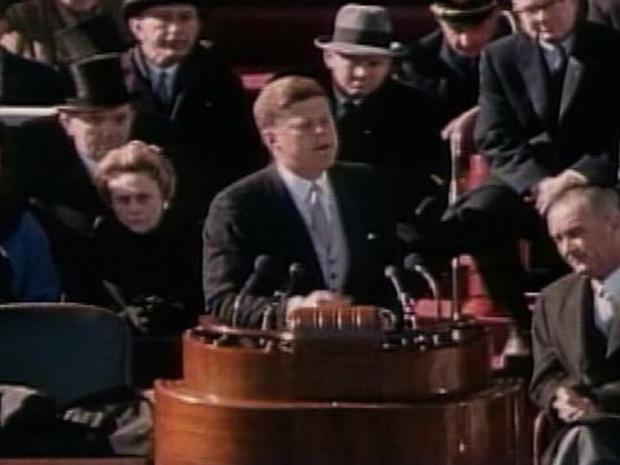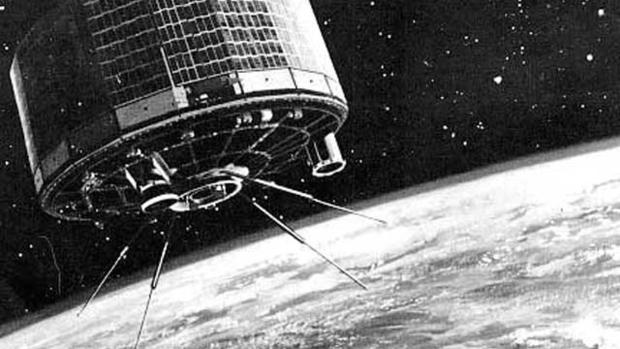JFK Tech Retrospective: The Highlights
Any list is going to be subjective - especially when the subject is one as contentious as a compilation of the top technology announcements from a particular era. To be sure, more than a few of your favorites got left out. But let's leave the bar stool arguments for another day; what's clear is that the early 1960s were formative years chockablock with American inventions that had revolutionary impact on telecommunications, computing and space. On this, the anniversary of John F. Kennedy's inaugural address on becoming the nation's 35th president, a look back at some of the highlights. (And yes, JFK didn't officially start in office until Jan. 1961.)
1960Hard to believe but in 1960, IBM had an 81.2 percent share of the computer market. Its 1400 series machines was state-of-the-art when it came out. Input and output was on punch cards, magnetic tape and high-speed line printers.
COBOL, the Common Business Oriented Language, was invented by a team of computer scientists plucked from the Pentagon and the private sector. Even back then, there was the concept of machine independence; the hope was that any program written to COBOL would work on any computer where there was a compiler.
NASA launched TIROS, the first weather satellite into space. TIROS was an acronym for Television Infrared Observation Satellite Program.
Bob Bemer invented the backslash.
Hughes Lab researcher Theodore Maiman became the first person on Earth to build a laser. Fifty years later, the technology is now one of the most ubiquitous on the planet.
AT&T introduced the dataphone as well as the first known MODEM.
Unimate was the first industrial robot. It was put into service on a General Motors assembly line in New Jersey..
Hewlett-Packard stock begins trading on the New York Stock Exchange.
Leonard Kleinrock publishes his first paper entitled Information Flow in Large Communication Netsfor his PhD thesis, the first time anyone described breaking up messages into smaller chunks later known as packets.
General Motors puts the first industrial robot the 4,000 pound Unimate to work in a New Jersey factory.
The first transcontinental telegraph line began operation October 24, 1961.
- The programming language FORTRAN IV is created.
1962
- "SpaceWar!," considered the first interactive computer game, gets written on DEC's PDP-1. With its interactivity and shoot' em-up graphics, this is the game that computer historians say inspired future video games.
AT&T sends the first commercial communications satellite, the Telstar I into orbit.
Philips invents the compact audio cassette tape.
The Mariner II is outfitted with a Motorola transmitter for its voyage to Venus. The Mariner 2 was the first spacecraft to successfully encounter another planet. The objective was to fly by Venus and return data on the planet's atmosphere, magnetic field, charged particle environment, and mass.
Data exchange among computers becomes standardized with the invention of the American Standard Code for Information Interchange (ASCII). With its 128 unique strings of ones and zeros, ASCII constituted a big step on the way to allow different computers to share data.
Douglas Engelbart comes up with a prototype for what would become known as the computer mouse. At Rancho Los Amigos Hospital in Downey, California, researchers invent a robotic arm. The so-called Rancho Arm gave patients the flexibility of a human arm, thus becoming the first artificial robotic arms controlled via computer.
Bell Telephone introduces the push button telephone four days before John Kennedy's visit to Dallas on Nov. 22, 1963.

